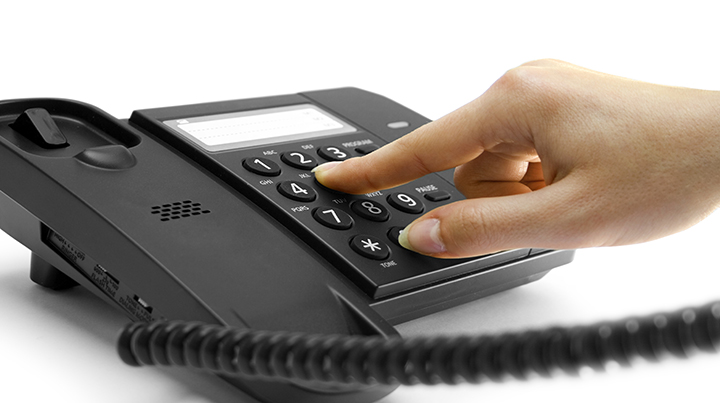In the amorphous landscape of Telephone Consumer Protection Act jurisprudence, the lack of uniformity, consistency, and predictability has created legal hurdles for businesses and entities whose success in TCPA litigation depends largely on the jurisdiction in which they find themselves. Despite multiple attempts by the FCC to clarify the law, many questions remain. The most important of which is “What constitutes an automatic telephone dialing system, or ‘ATDS’”?
Simplified, the TCPA restricts telephone solicitations and the use of an ATDS to contact individuals without their explicit consent. Businesses that use automated dialers to contact their customers have increasingly become entangled in TCPA litigation – largely because there is no definitive answer as to what is an ATDS. Some courts have held that human intervention disqualifies a device from being an ATDS. Others have held that any dialer that calls automatically from a list is an ATDS. Still others have settled on some variance in between.
The FCC, however, is continuing its work in defining the scope and structure of the TCPA as part of its ongoing Public Notice Proceeding. In its next Declaratory Ruling, the FCC will likely issue a definitive opinion on what constitutes an ATDS and answer looming questions such as whether the statute applies if automated equipment is not used as an ATDS, whether a system must dial numbers without human intervention, and how much effort should be required to enable a device to function as an ATDS.
Despite these dispositive questions being reviewed by the FCC, district courts continue to issue conflicting rulings on these same issues. Arguably, the best way to assure uniformity and equal application of the law is for courts to stay TCPA litigation pending final determinations from the FCC, and some courts are doing just that.
Courts routinely recognize the importance of deference to legislative agencies to interpret vague statutes. This doctrine, known as “primary jurisdiction,” allows a federal court to refer a matter extending beyond the conventional experiences of judges or falling within the realm of administrative discretion to an administrative agency with more specialized experience, expertise, and insight. Courts generally apply primary jurisdiction to cases involving technical and intricate questions of fact and policy that Congress has assigned to a specific agency.
In the case of Secure v. Ultimate Fitness Group, the Court recently held that a TCPA case requiring the Court to address the issue of ATDS functionality had to be stayed pending the FCC’s public notice proceeding. The Secure Court found that one of the issues presented in the case is whether the defendant used an ATDS when sending text messages to the plaintiff, and that because the FCC is currently seeking public comment and reconsidering the definition of an ATDS, a stay of litigation was the appropriate measure to be taken.
More courts are likely to follow the example set in Secure until the FCC issues its Declaratory Ruling and (it is hoped) provides uniformity to the vague and ever-changing statute.
Troutman Sanders will continue to monitor and report on important developments involving calling regulations.
